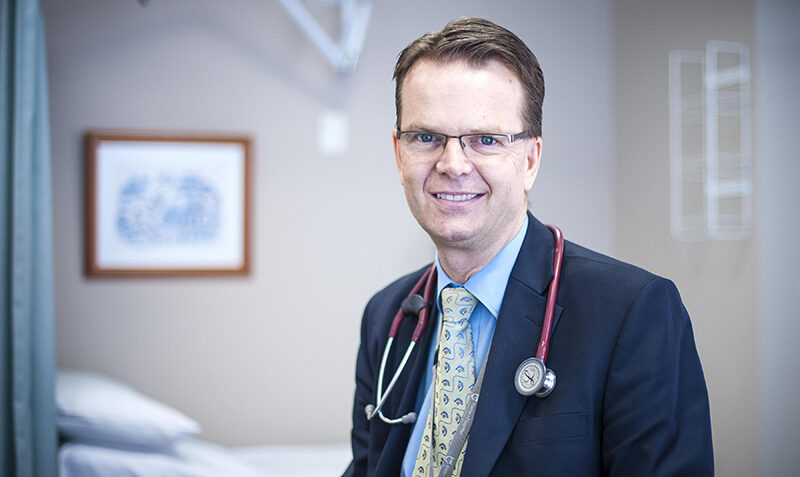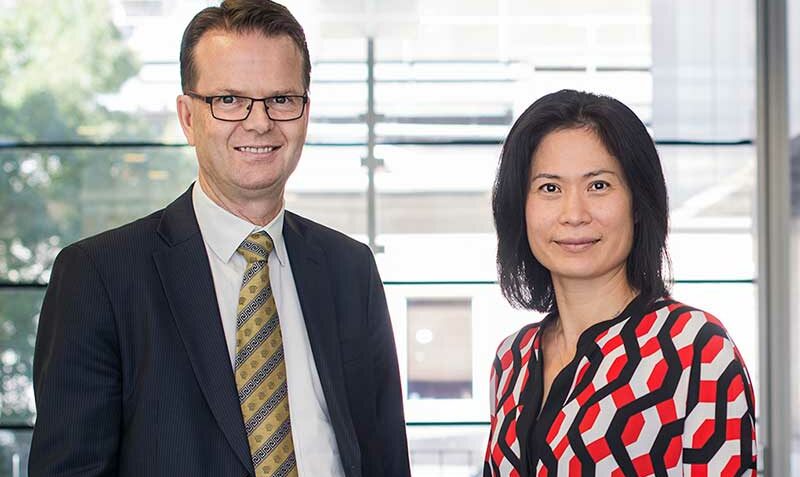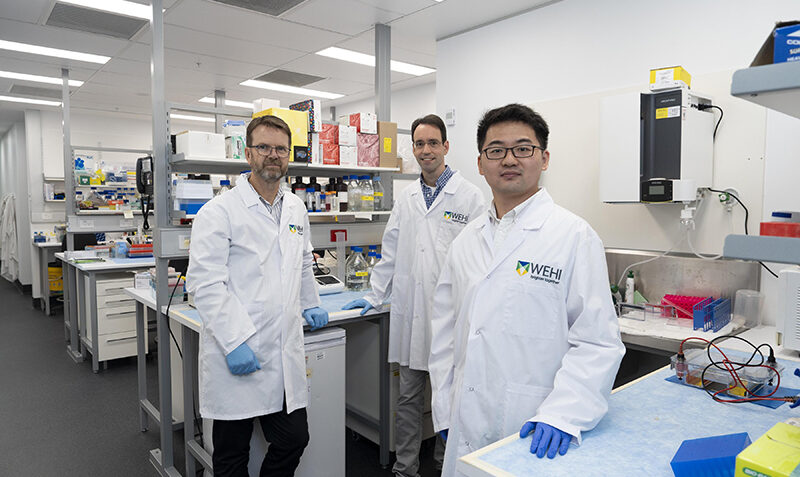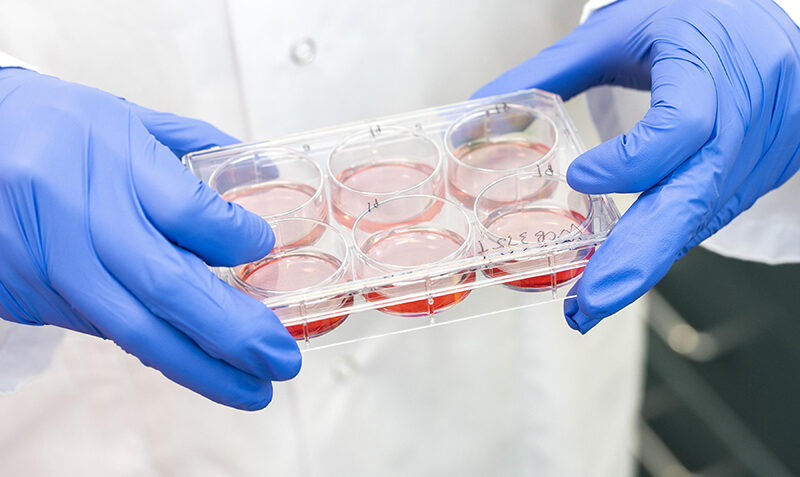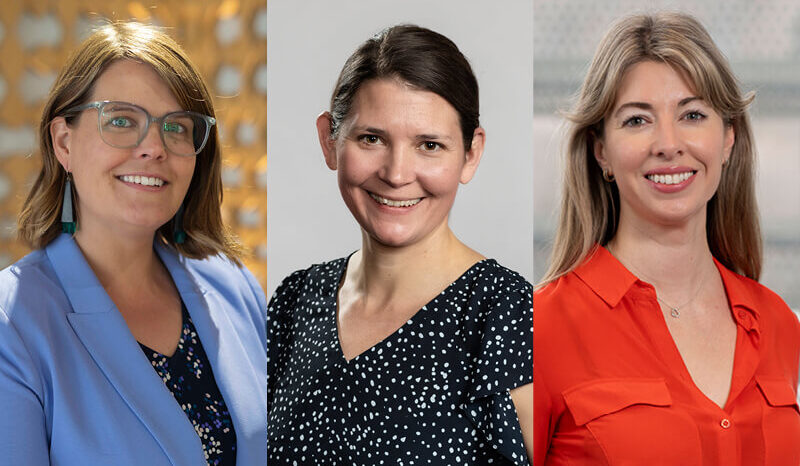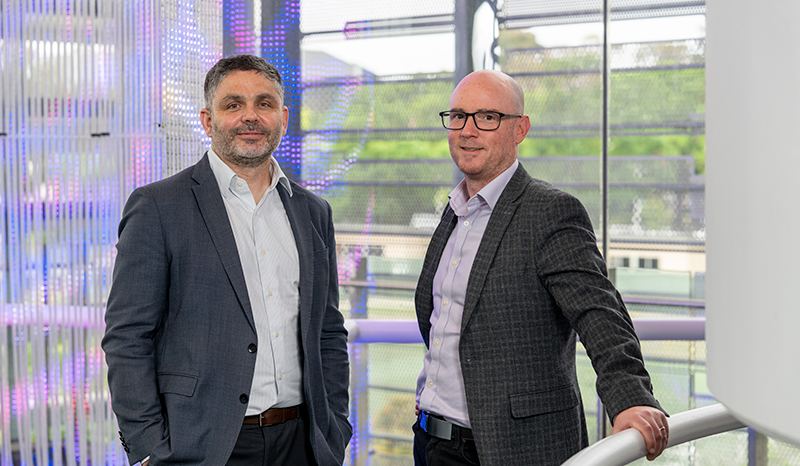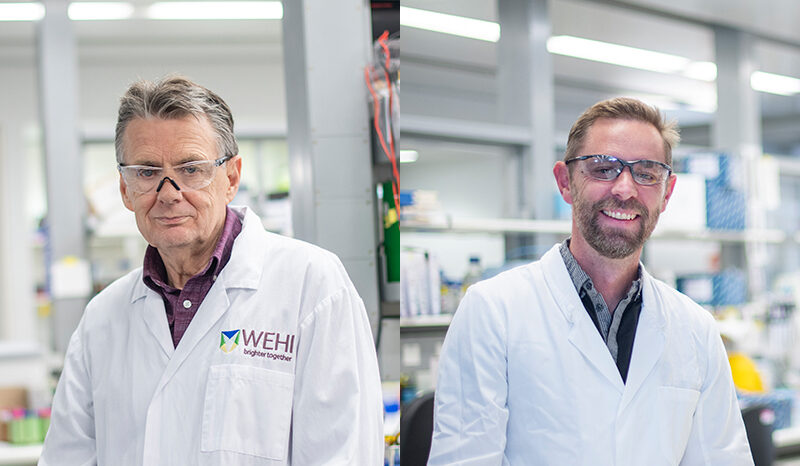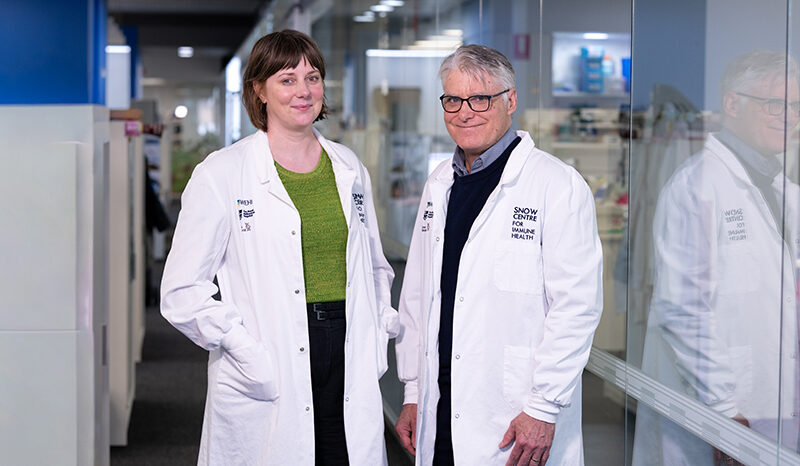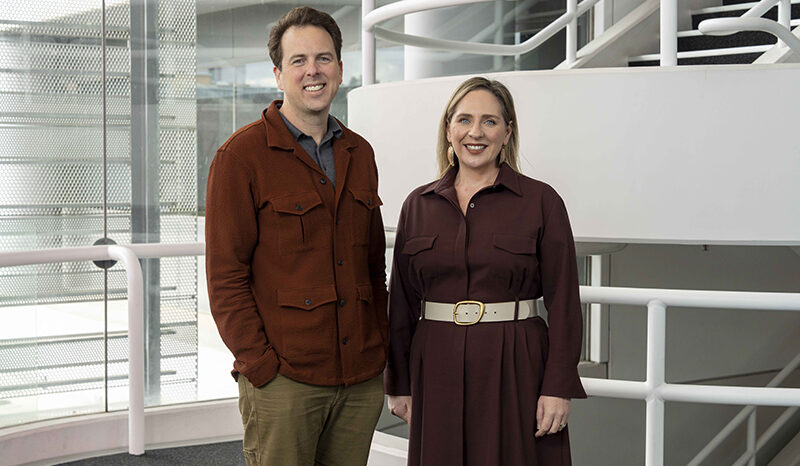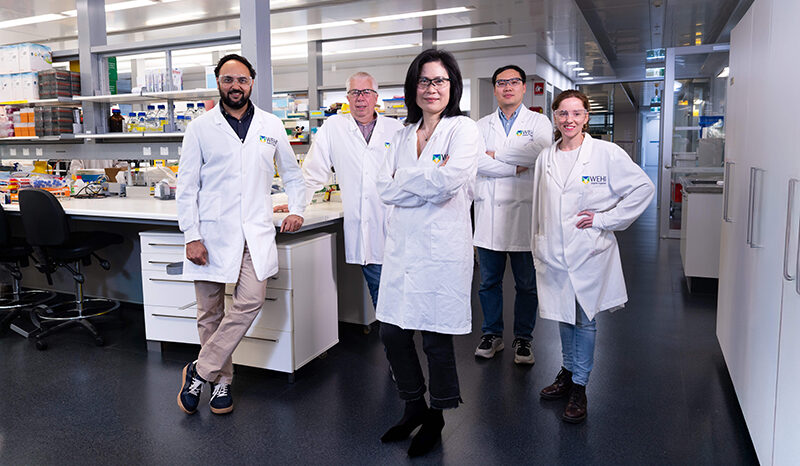WEHI’s Professor Peter Gibbs has been elected Fellow of The Australian Academy of Health and Medical Sciences (AAHMS) for his pioneering contributions to cancer research.
Each year, the AAHMS Fellowship elects the best and brightest minds in Australia to join the Academy in recognition of their outstanding achievements and ongoing contributions in the field of medical and health sciences.
With over 20 years of experience in clinical research and translational medicine, Prof Gibbs has made significant contributions towards developing personalised treatments for patients with bowel cancer.
He is one of 29 Fellows to be inducted this year.
What inspired you to pursue a career in science?
Growing up on a farm, I was regularly exposed to new life and death. I used to constantly wonder about the miracle of life and how the body worked from a very young age.
We used to process our own sheep and I remember helping dad with that, being fascinated by all the bits inside that made a sheep work. That fascination even saw me take a sheep organ to school one day for ‘show and tell’. Not sure my teacher was quite as fascinated (or impressed) as I was!
My mum was a nurse, and through her I heard many stories of what happened in hospitals. She had a lot of respect for doctors and made it seem like a really important job, with lots of potential to help people.
A career in medicine seemed a natural pathway forward for me, inspired by my innate interests, childhood experiences and influences.
Why did you choose your specific field?
As a medical student, the fear and taboo around cancer quickly became apparent to me. But through this, I also realised the challenging yet rewarding opportunity this field presented to unravel the complexities of the disease and make advances in treatment.
The things we can learn in cancer research seem endless, and that’s probably the biggest reason that drew me in to cancer as a clinical speciality, along with the opportunity to make a difference to people confronting very challenging scenarios.
Bowel cancer, also known as colorectal cancer, is the second-deadliest cancer in Australia, with more than 5000 deaths every year. Once considered an old person’s disease, the disease is now hitting younger Australians at alarming rates.
I hope to create a future where, through research, we continually progress in our understanding of this disease. This will drive better outcomes for those that are diagnosed while also providing opportunities to reduce the prevalence of this cancer.


